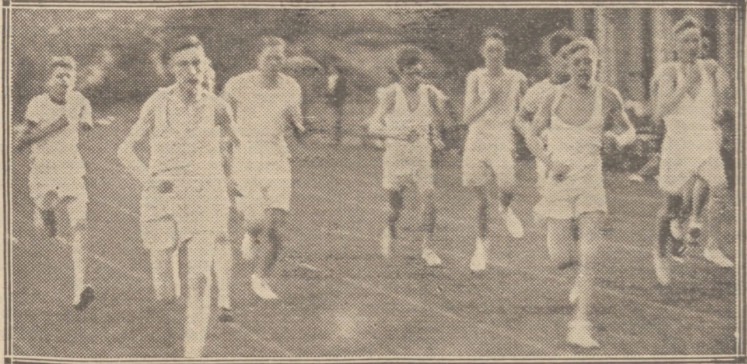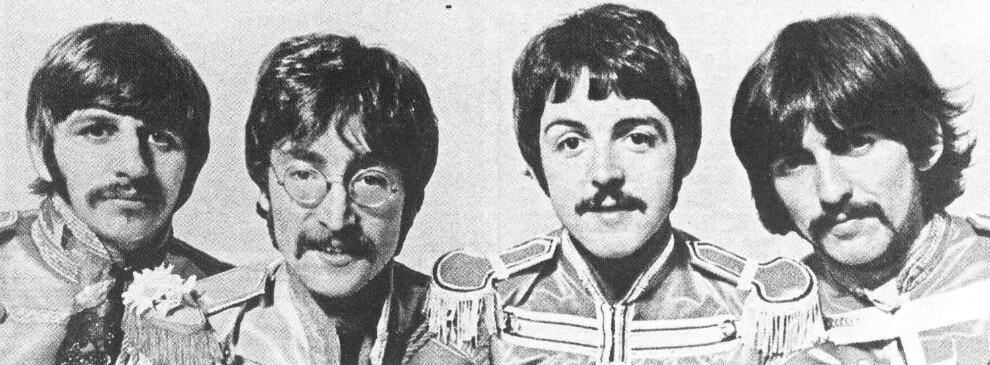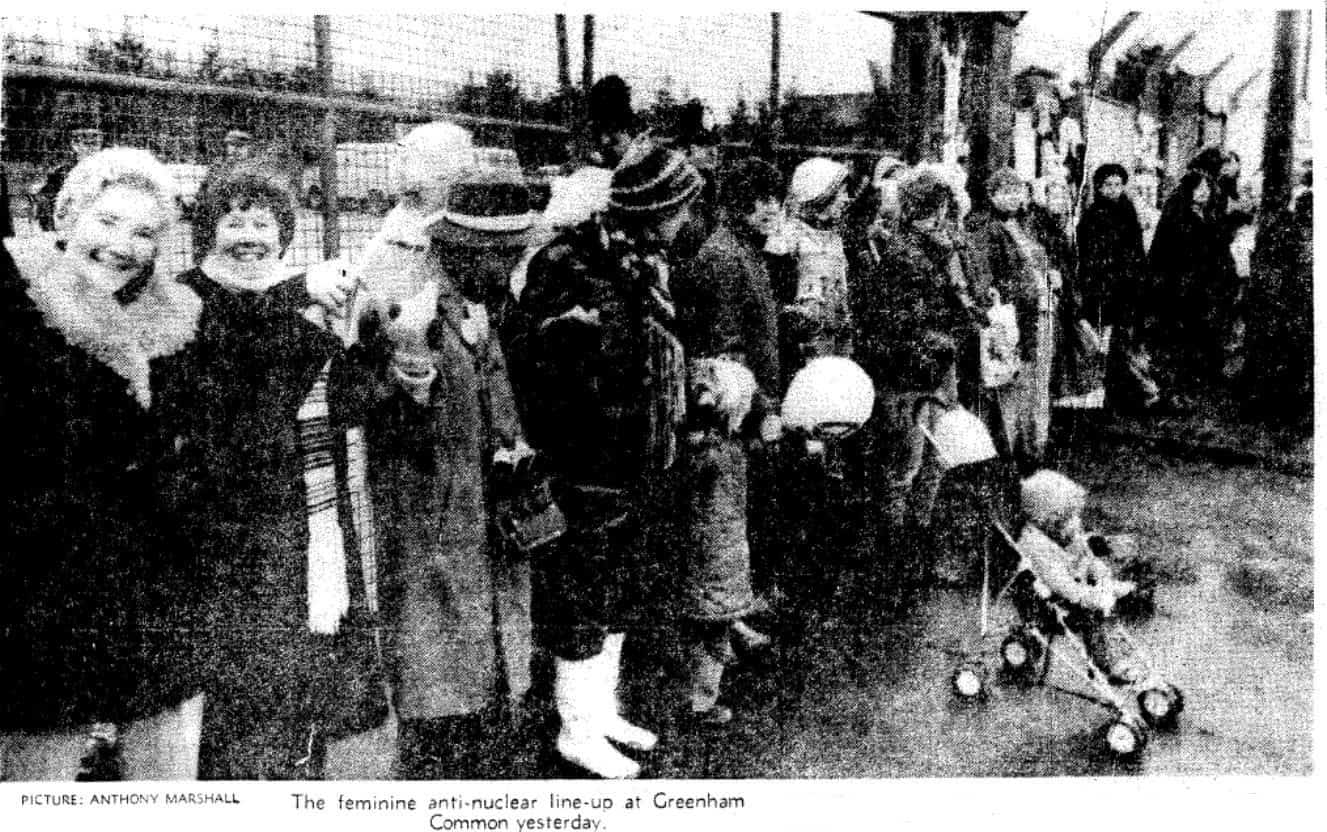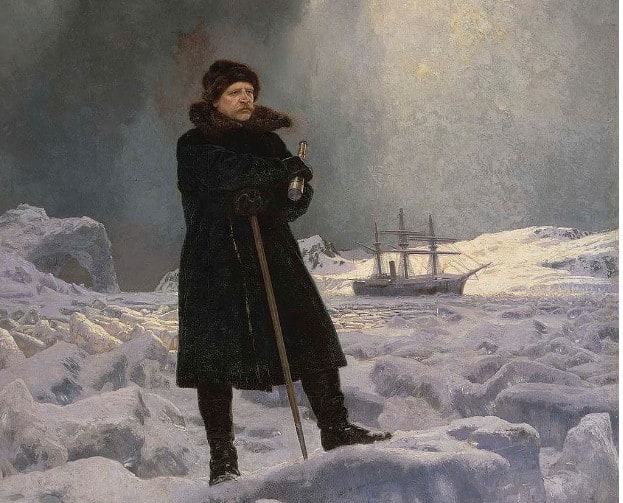By Matt Chivers, Gale Ambassador at the University of Liverpool
I attended Dover Grammar School for Boys, and although not every student enjoyed PE, Sports Day was always a day that everyone seemed to enjoy. There were no lessons, or deadlines; everyone was buzzing, standing around the playing fields, participating or watching the various track and field events. Delving into Gale’s primary source archives, I found not only the photograph above, showing my predecessors in the now-vintage sports gear of the 1930s, but a results sheet from the Dover Grammar School Sports Day of 1948. It is interesting that back then the four houses of the school were named Maxton, Buckland, Country and Town after four different areas of Dover. The current school houses also use this theme, and are named Channel, Castle, Port and Priory.










